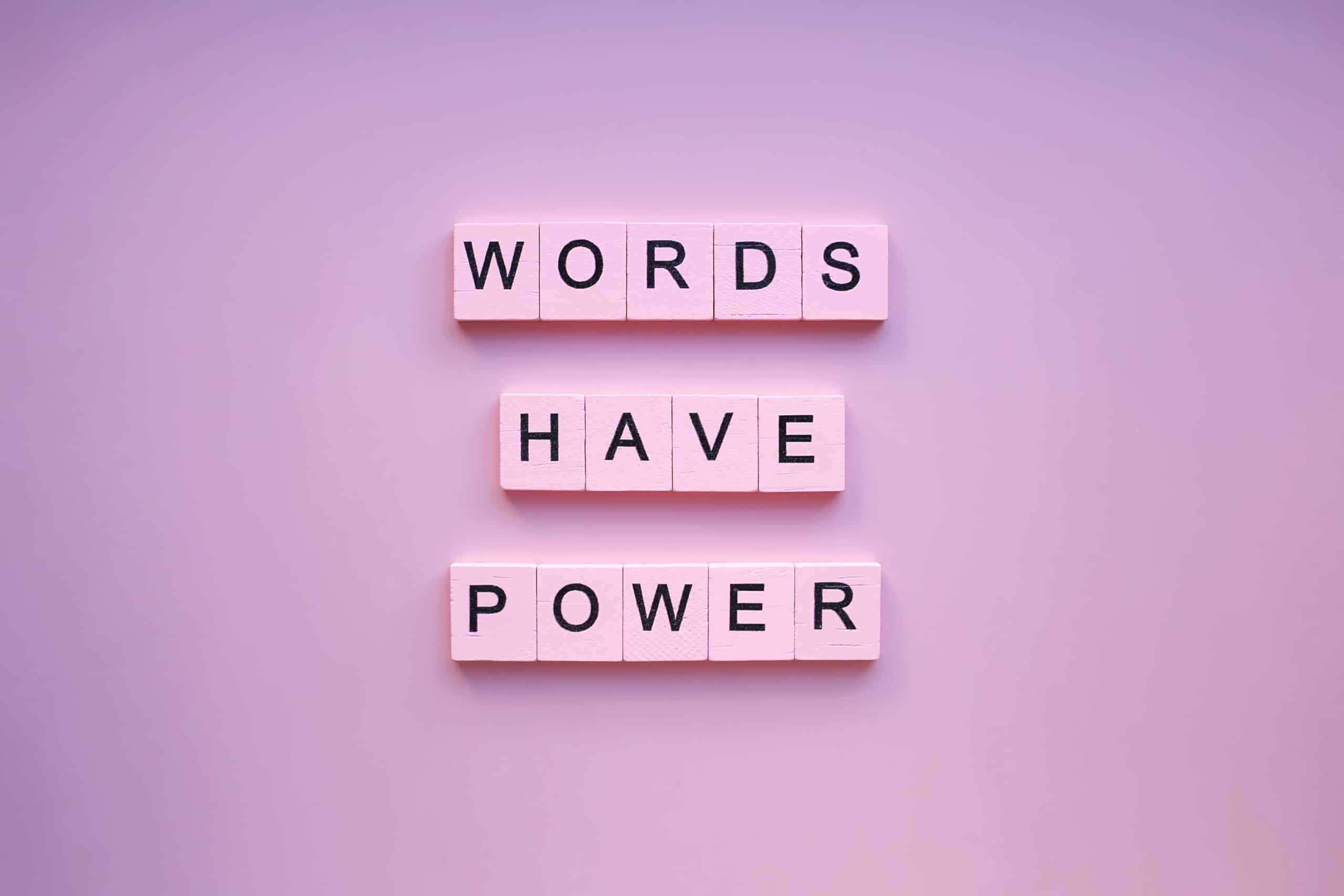Blog

What do men with eating disorders tend to focus on?
Eating disorders in boys and men
The stereotypical eating disorder sufferer depicted by the media is a young, white, underweight girl. This over-generalisation is incredibly problematic in so many ways, one of which being the suggestion that eating disorders only affect women.
Current research indicates that a quarter of anorexia and bulimia nervosa sufferers and more than a third of binge eating disorder sufferers are male.1 This is potentially an underestimation for reasons to be discussed in this article.
The male beauty ideal
While the beauty standards for men and women are different, the pressure to meet them is the same. The “ideal male body” has become increasingly unachievable over time, with near-impossible amounts of muscularity, broad shoulders and small waists seen in male models, actors, action figures and even video game characters.
This is having a marked effect on body satisfaction (or lack thereof) in men. Research has found that viewing images of muscular men in the media has a significant negative effect on male body image, equal to that of women viewing images of thin female models.2,3
One study found that 90% of college-age American men desire greater muscularity, while another found that boys as young as six years old show a preference for muscular body types.4,5
The variation in beauty ideals between men and women is just one reason why accessing diagnosis and treatment is a challenge for males with eating disorders
Barriers to diagnosis and treatment
Research has found that males are less likely than females to receive an eating disorder diagnosis despite having identical symptoms.6 There are a number of reasons for this.
FIRST
Firstly, the presentation of an eating disorder can vary significantly from person to person, but even more so between males and females.
While thinness is generally the goal for women with eating disorders, men typically strive for leanness and enhancing the visibility of muscles, reflecting the differing beauty ideals.7
Muscle dysmorphia (the concern that one’s body isn’t muscular enough) is strongly linked to eating disorder behaviours like fasting and excessive exercise.8 These practices are more commonly seen as a means of compensation in male eating disorders, rather than typical purging behaviours like laxative misuse or self-induced vomiting.9,10
They also report less distress toward their eating behaviours, believed to be due to toxic cultural standards expecting men to be stoic at all time.
A lack of awareness of the presentation (and even the existence) of eating disorders in men means many individuals don’t recognise that their symptoms are congruent with an eating disorder.11 Similarly, friends, family and even health professionals fail to recognise red flags, delaying diagnosis and treatment.
SECOND
Secondly, even when red flags are identified, many screening tools available are inappropriate for use on male eating disorders.
The language and questions of screening tools is often directed at the typical presentation of female eating disorders, which do not align with what is generally seen in their male counterparts. For example, the Binge Eating Disorder-7 screening tool specifically refers to distress related to overeating and the use of self-induced vomiting to compensate. Similarly, the commonly used SCOFF screening tool also refers to the use of self-induced vomiting, as well as feeling “fat”.
As these are not typical symptoms in men, the use of these screening tools can lead to severity of the eating disorder being underrated.
THIRD
Thirdly, there is an often-debilitating stigma surrounding both eating disorders and mental illness in males. This stems from traditional masculine stereotypes in Western culture, expecting men to be tough, independent and level-headed. These traditional (and oftentimes, toxic) gender roles act as a barrier for mental health treatment, as the expression of emotions and vulnerability is considered “weak” and feminine.
When this social stigma is internalised, the issue is exacerbated, with research finding males with eating disorders are more likely to be undiagnosed if they have a strong self-stigma against seeking psychological help.12
This continues into treatment, with men in eating disorder treatment programs reporting feelings of shame and isolation due to gender-based stigma around eating disorders.13 With all of this in mind, it’s understandable why males are less likely than females to seek treatment for mental illness or eating disorders.7
What needs to change?
There is a huge cultural shift that needs to occur for men to receive the mental health support they need, which mainly revolves around dismantling toxic masculinity and traditional gender roles.
Some smaller steps that can (and should) be taken by the health industry to break down the belief that eating disorders are gender specific include:
ONE: Further research.
The myth that males with eating disorders are an anomaly means that research in this area is inadequate to fully understand the complexities of the condition. With less than 1% of studies into eating disorders having been conducted in males, there is an urgent need for more research in order to establish guidelines for diagnosis and treatment.14
TWO: Development of inclusive screening tools and medical guidelines.
Not only are eating disorder screening tools aimed towards females, but many treatment guidelines are also gender specific. For example, amenorrhoea (or loss of the menstrual period) is often used as a signal to screen for bone mineral density loss in eating disorder patients. However, a study of eleven males with anorexia nervosa found that three has osteopenia and five had osteoporosis.15 As a result, many males report feeling out of place in treatment programs aimed at women, which has the potential to hinder recovery.9
THREE: Increased availability of relevant resources and information.
Many available resources focus on the physical effects of an eating disorder on the female body. For example, there is a vast amount of information on the effects of eating disorders on female fertility but very little for their male equivalents. Relevant information must be available to all to begin shrinking the gap between genders.
FOUR: Education
Raising awareness in the general public and health professionals alike that eating disorders are gender neutral is key. One way of approaching this is through greater representation of male eating disorders in the media. We hope that with celebrities like Zayn Malik, Elton John, Russel Brand, Eminem and Ed Sheeran (just to name a few) speaking out about their own experiences with disordered eating, awareness of this issue will improve.
At Embody Health London, we are committed to providing inclusive care to people of all genders who need support to heal their relationship with food. To chat with us about how we can help you on this journey, reach out to us at [email protected]
Karli Battaglia MDiet, APD
EHL Team x
References
- Hudson J, Hiripi E, Pope H, Kessler R. The Prevalence and Correlates of Eating Disorders in the National Comorbidity Survey Replication. Biological Psychiatry. 2007;61(3):348-358.
- Lorenzen L, Grieve F, Thomas A. Brief Report: Exposure to Muscular Male Models Decreases Men?s Body Satisfaction. Sex Roles. 2004;51(11-12):743-748.
- Leit R, Gray J, Pope H. The media’s representation of the ideal male body: A cause for muscle dysmorphia?. International Journal of Eating Disorders. 2002;31(3):334-338.
- Frederick D, Buchanan G, Sadehgi-Azar L, Peplau L, Haselton M, Berezovskaya A et al. Desiring the muscular ideal: Men’s body satisfaction in the United States, Ukraine, and Ghana. Psychology of Men & Masculinity. 2007;8(2):103-117.
- Baghurst T, Carlston D, Wood J, Wyatt F. Preadolescent Male Perceptions of Action Figure Physiques. Journal of Adolescent Health. 2007;41(6):613-615.
- Currin L, Schmidt U, Waller G. Variables that influence diagnosis and treatment of the eating disorders within primary care settings: A vignette study. International Journal of Eating Disorders. 2007;40(3):257-262.
- Murray S, Nagata J, Griffiths S, Calzo J, Brown T, Mitchison D et al. The enigma of male eating disorders: A critical review and synthesis. Clinical Psychology Review. 2017;57:1-11.
- Badenes-Ribera L, Rubio-Aparicio M, Sánchez-Meca J, Fabris M, Longobardi C. The association between muscle dysmorphia and eating disorder symptomatology: A systematic review and meta-analysis. Journal of Behavioral Addictions. 2019;8(3):351-371.
- Weltzin T, Cornella-Carlson T, Fitzpatrick M, Kennington B, Bean P, Jefferies C. Treatment Issues and Outcomes for Males With Eating Disorders. Eating Disorders. 2012;20(5):444-459.
- Bramon-Bosch E, Troop N, Treasure J. Eating disorders in males: a comparison with female patients. European Eating Disorders Review. 2000;8(4):321-328.
- Räisänen U, Hunt K. The role of gendered constructions of eating disorders in delayed help-seeking in men: a qualitative interview study. BMJ Open. 2014;4(4):e004342.
- Griffiths S, Mond J, Li Z, Gunatilake S, Murray S, Sheffield J et al. Self-stigma of seeking treatment and being male predict an increased likelihood of having an undiagnosed eating disorder. International Journal of Eating Disorders. 2015;48(6):775-778.
- Robinson K, Mountford V, Sperlinger D. Being men with eating disorders: Perspectives of male eating disorder service-users. Journal of Health Psychology. 2012;18(2):176-186.
- Murray S, Griffiths S, Mond J. Evolving eating disorder psychopathology: Conceptualising muscularity-oriented disordered eating. British Journal of Psychiatry. 2016;208(5):414-415.
- Sabel A, Rosen E, Mehler P. Severe Anorexia Nervosa in Males: Clinical Presentations and Medical Treatment. Eating Disorders. 2014;22(3):209-220.














